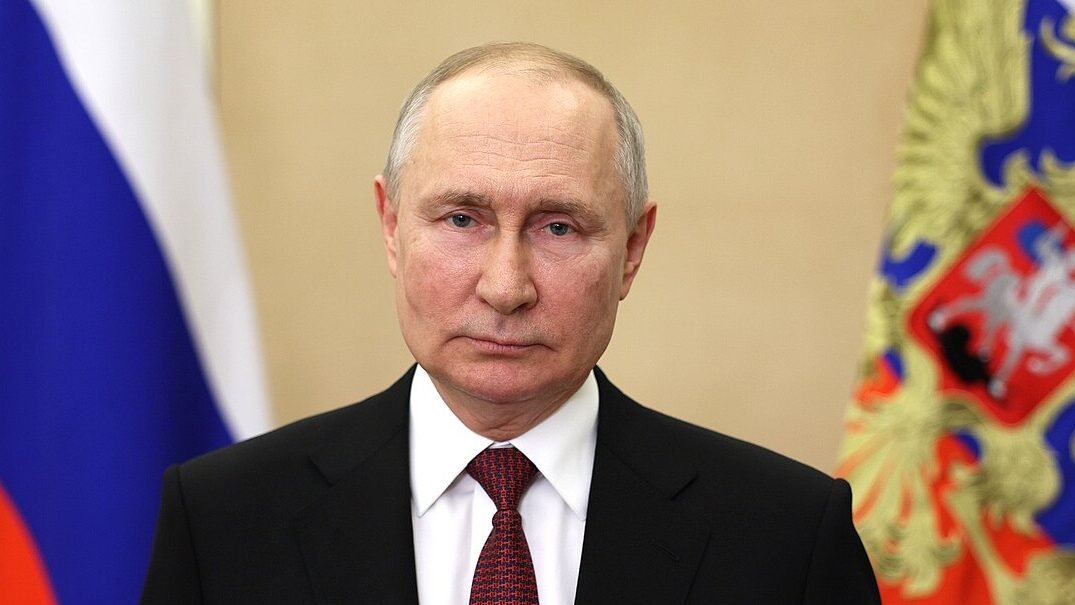Tucker Carlson’s Interview With Putin
Asharq Al-Awsat, London, February 9
President [Vladimir] Putin’s conversation with American media personality Tucker Carlson has left many journalists envious. It marked the Russian president’s first significant interview since his controversial decision to invade Ukraine. Those who argued against meeting with him and giving him a platform to communicate directly with the American people either did so out of deception or simply failed to grasp the essence of journalism. Journalists must set aside their personal opinions and emotions and engage even with individuals they disagree with or dislike. Despite popular belief, the role of the media is not to exclusively engage with like-minded people. Instead, journalists prioritize getting the scoop above all else. Even if Hitler were to return to life, genuine journalists would race to interview him, regardless of his past sins and misdeeds. Carlson’s worldview represents the longstanding debate between isolationists and internationalists; between those who envision a greater role for America in the world and those who advocate for withdrawal and self-focus. Carlson is considered a vocal figure within the isolationist camp. Conversely, [US President Joe] Biden and his supporters believe in Washington’s responsibility to protect the liberal world order from adversaries like Putin. This discrepancy has led Carlson to attack Ukrainian President [Volodymyr] Zelenskyy, accusing him of embezzling American funds and blackmailing the US in defense of a country that many Americans struggle to locate on a map, let alone understand the historical complexities of. He has also launched a campaign against Biden, blaming him for entangling the US in a futile war. This ideological clash lies at the heart of this disagreement. This is why Carlson has expressed his support for [Donald] Trump in the upcoming November [US presidential] elections, as Trump claims he can end the war within 24 hours (although such an outcome is highly unlikely, given Trump’s tendency for exaggeration). In reality, Trump’s language during his first term leaned toward isolationism, but his actions fell short. While he threatened to withdraw from Afghanistan, he ultimately did not follow through, unlike Biden, who eventually carried out the withdrawal. Trump criticized the NATO alliance but remained part of it. He repeatedly expressed a desire to leave Syria, particularly after a call with [Turkish President Recep Tayyip] Erdoğan, only to be opposed by Pentagon generals, forcing him to stay. Despite his bombastic rhetoric, Trump actually strengthened Washington’s relationships with Middle Eastern allies instead of abandoning them. However, Trump benefits from the populist propaganda propagated by Carlson, aligning with the prevailing sentiment among Americans eager to save money and retract from policing the world. Historically, America has long exhibited a strong isolationist inclination since its inception. The reason lies in its geographical prosperity, being situated across oceans and shielded from the problems of the Old World, Europe, rife with diverse nationalities, sects, and ideologies. Moreover, America is sandwiched between two relatively weak neighbors, Canada and Mexico. American leaders traditionally viewed Europe with the same cautiousness they currently do towards the Middle East, desiring to avoid becoming entangled in the latter’s endless quagmires. That explains why the US reluctantly joined both World War I and World War II, becoming involved only after being forced to by events such as the Pearl Harbor attack. Since then, America has played a pivotal role in shaping the world order in its image, contributing to the establishment of international political and financial institutions, maintaining around 800 military bases globally, and safeguarding vital waterways (as demonstrated by strikes on the Houthis). However, the likes of Putin and Carlson harbor grievances against this role, each driven by different motivations. They have found common ground in their joint enemy. This is why Putin opted to meet with Carlson specifically. As journalists, we can’t help but admire his audacity. —Mamdouh Al-Muhaini (translated by Asaf Zilberfarb)


